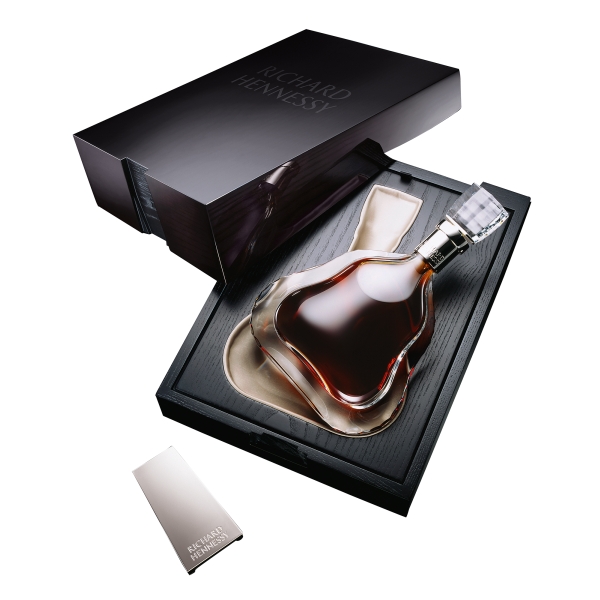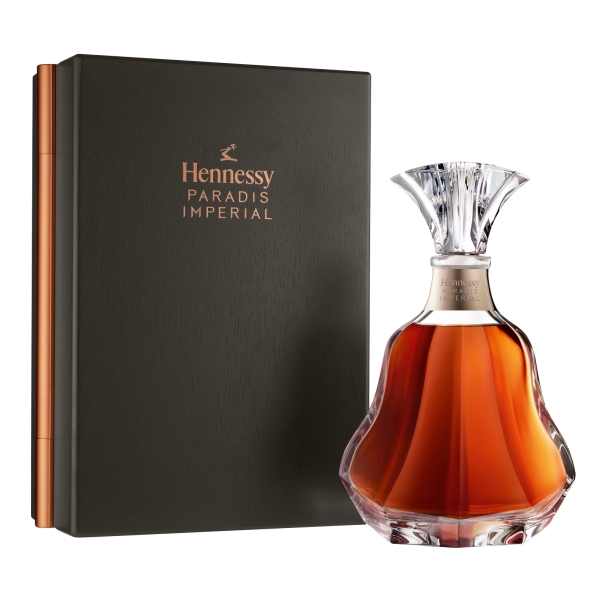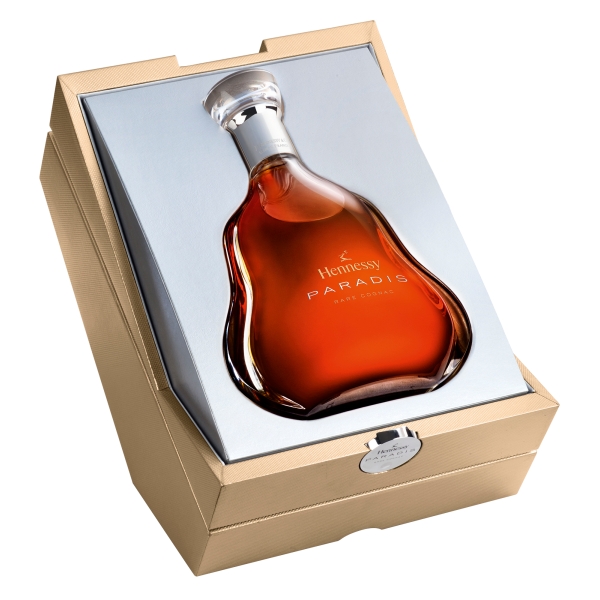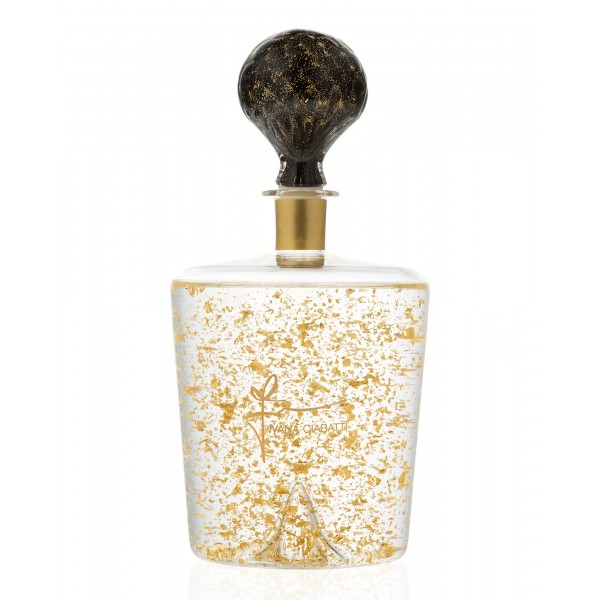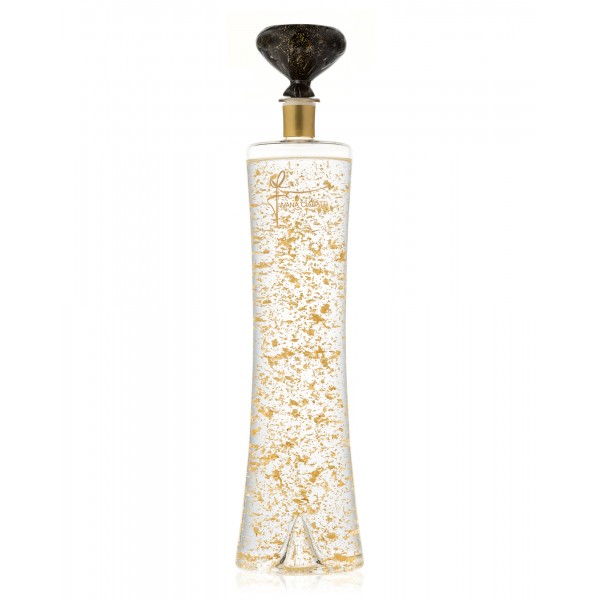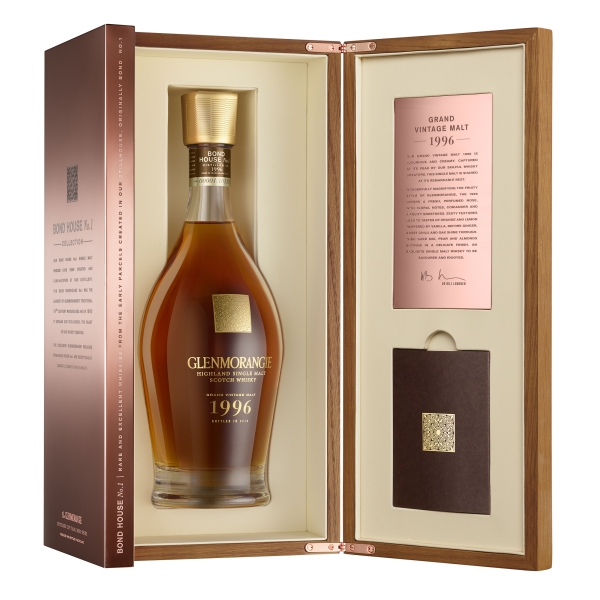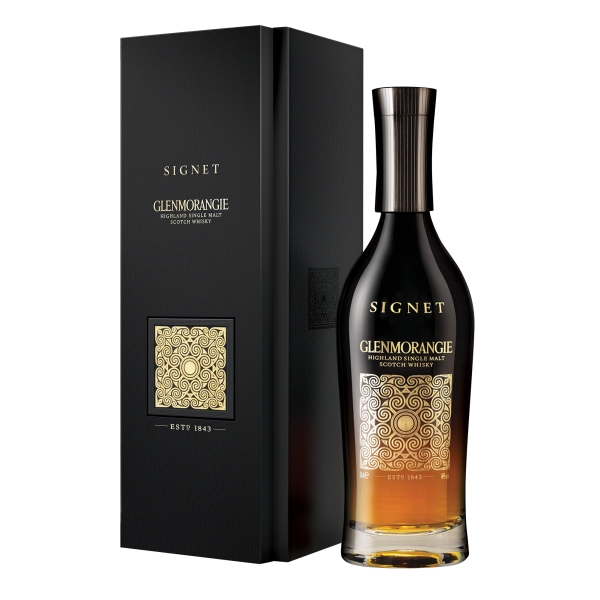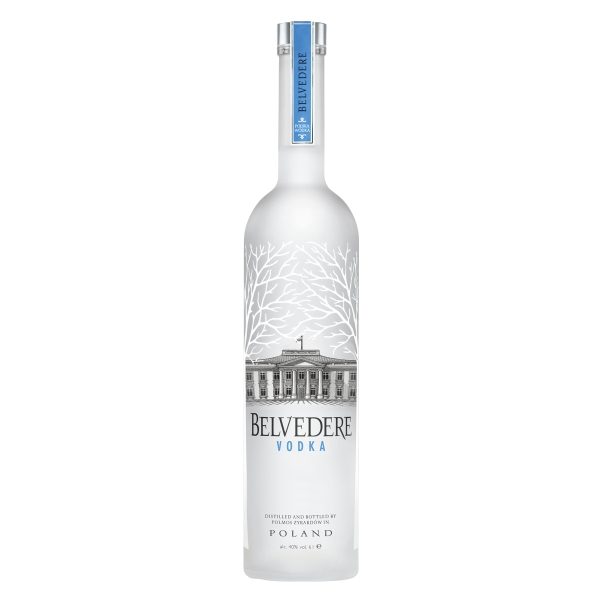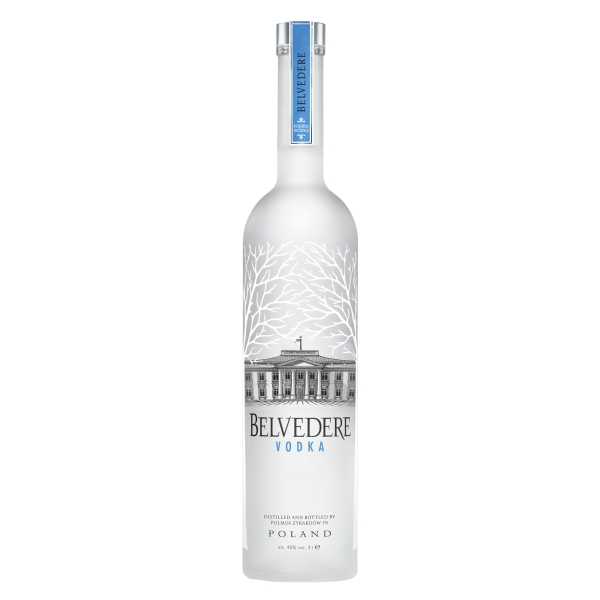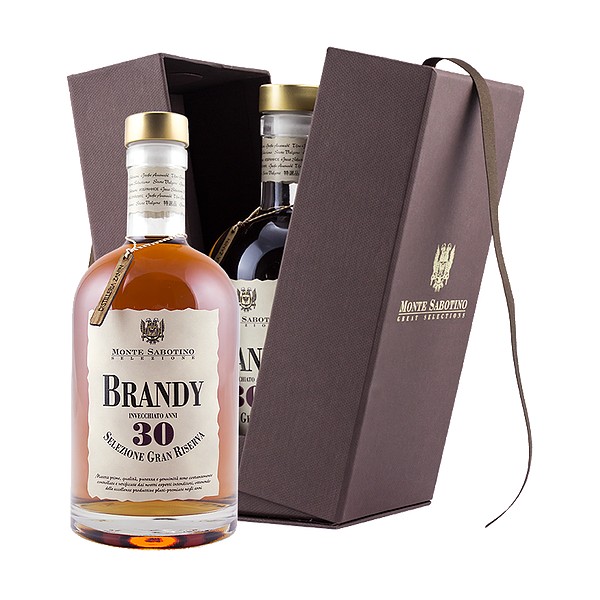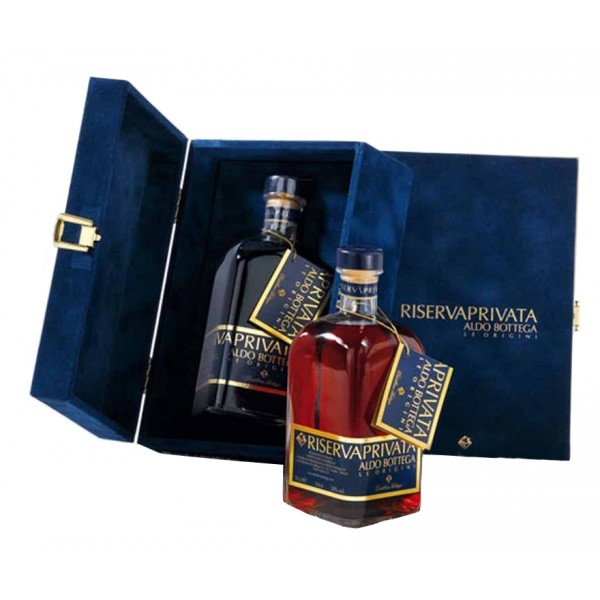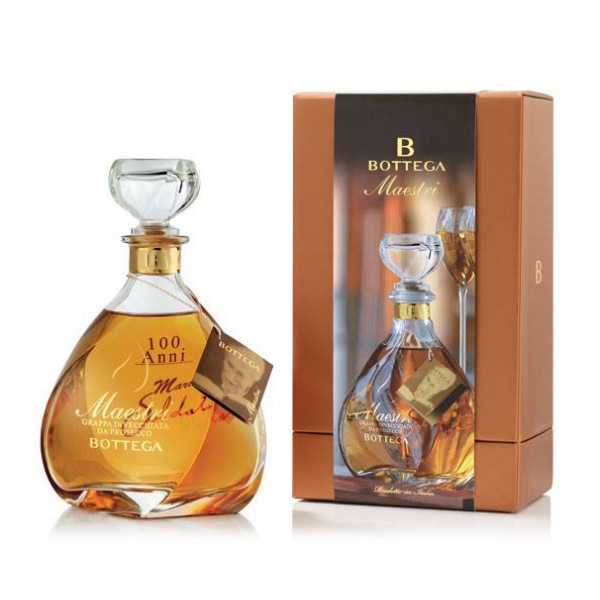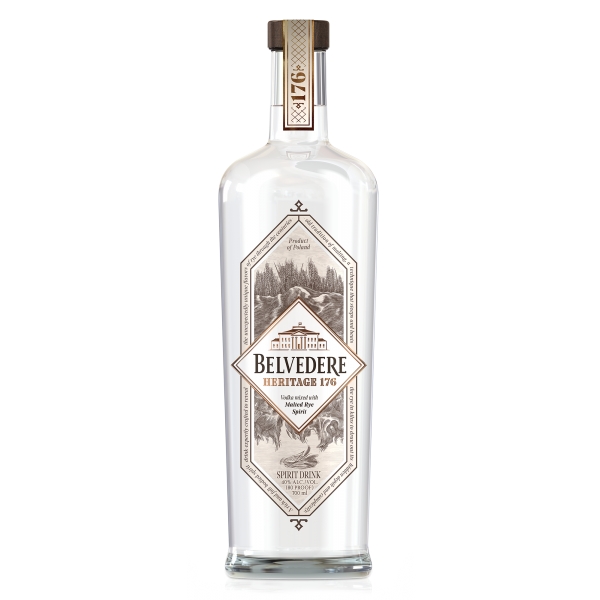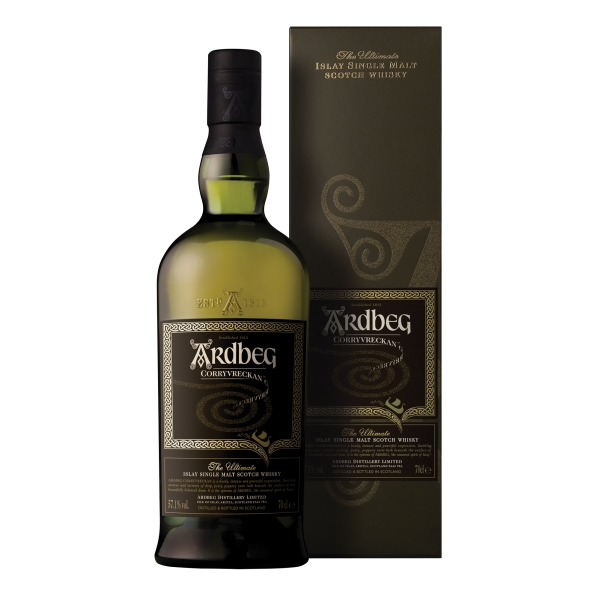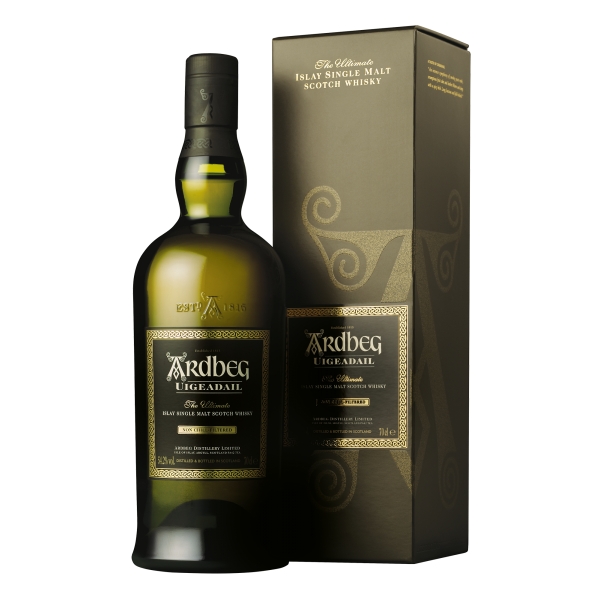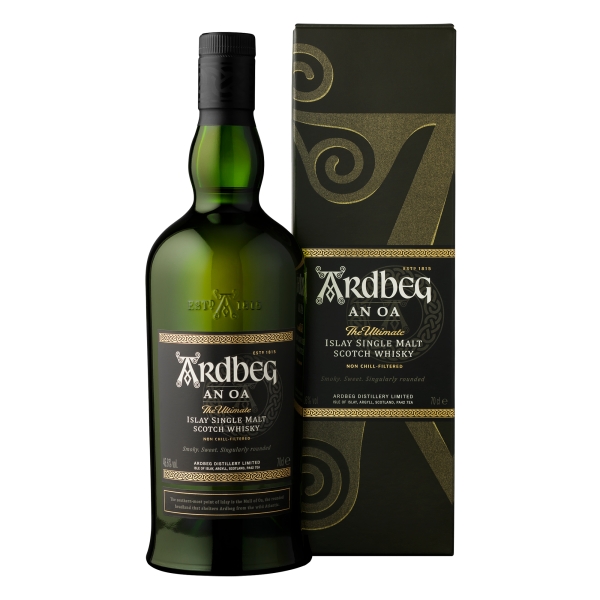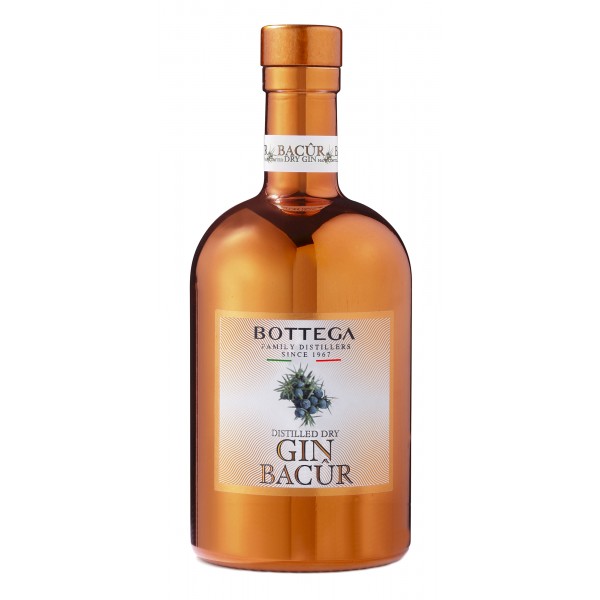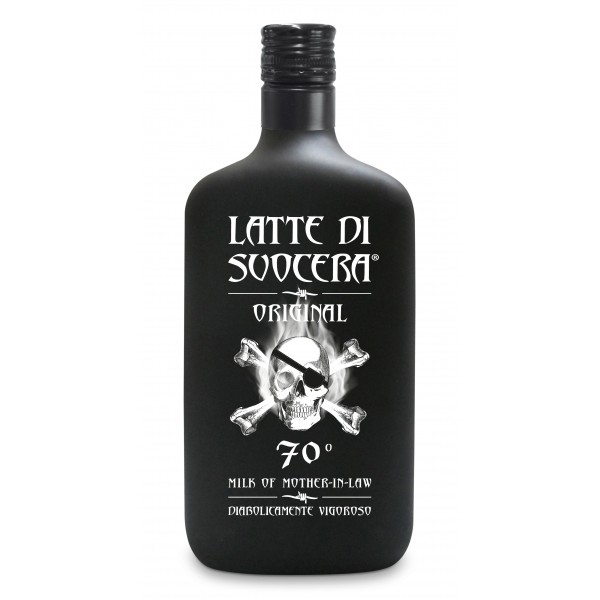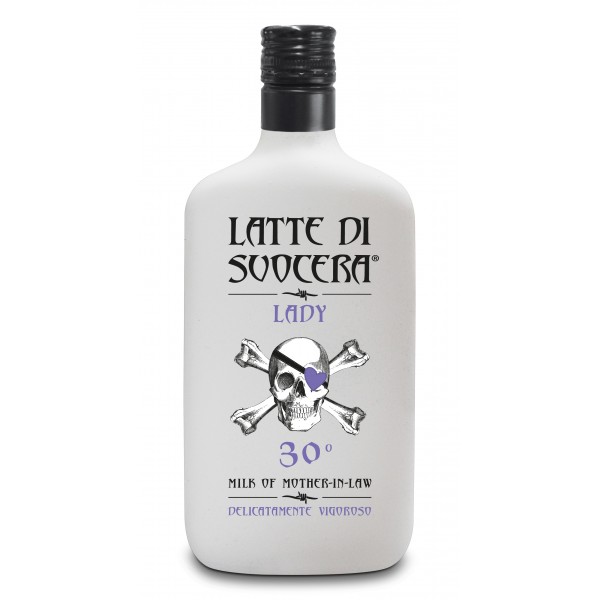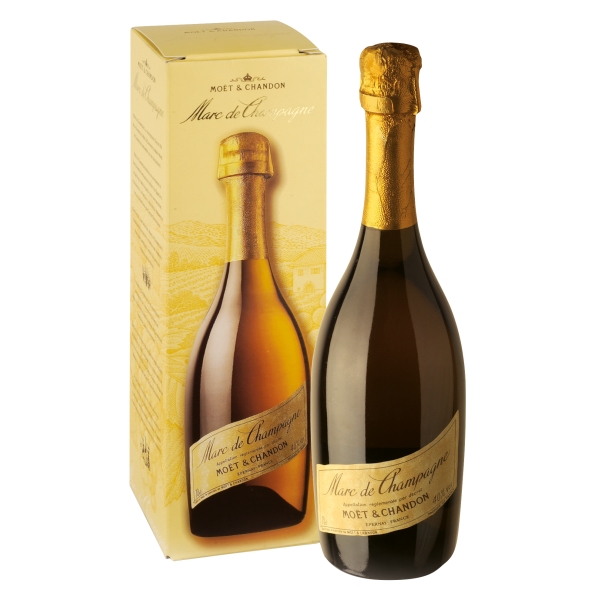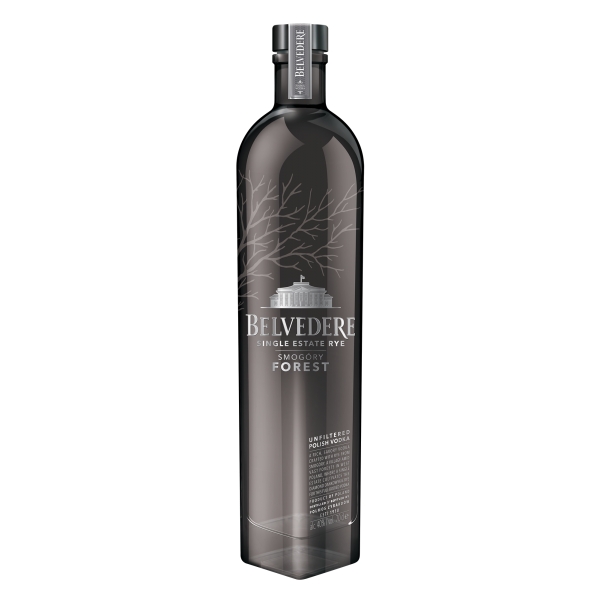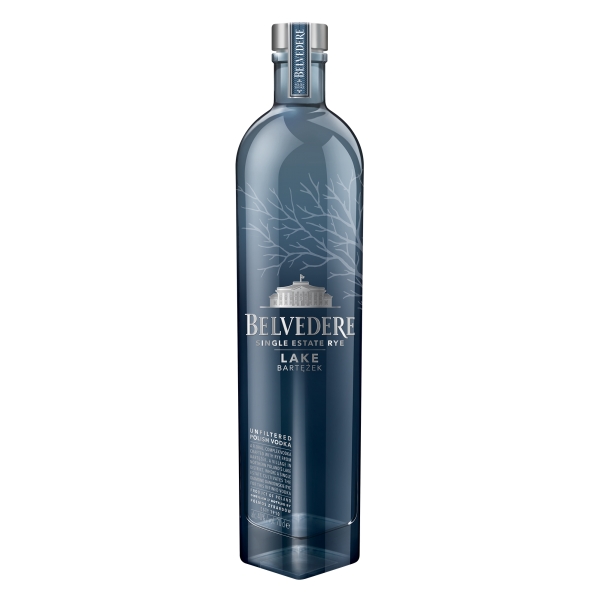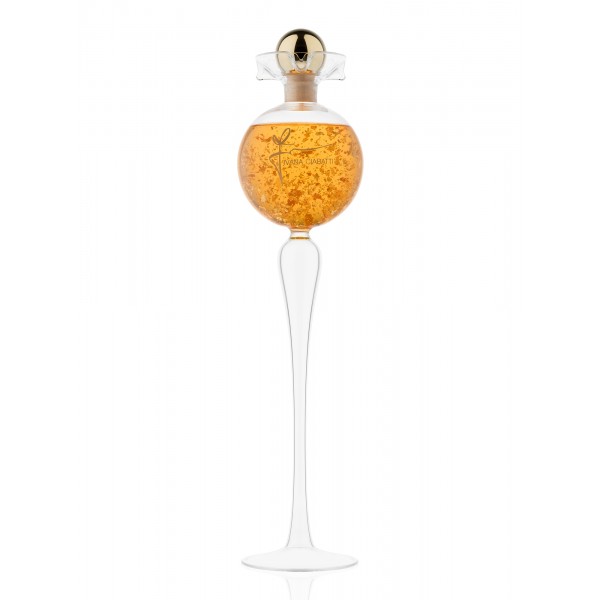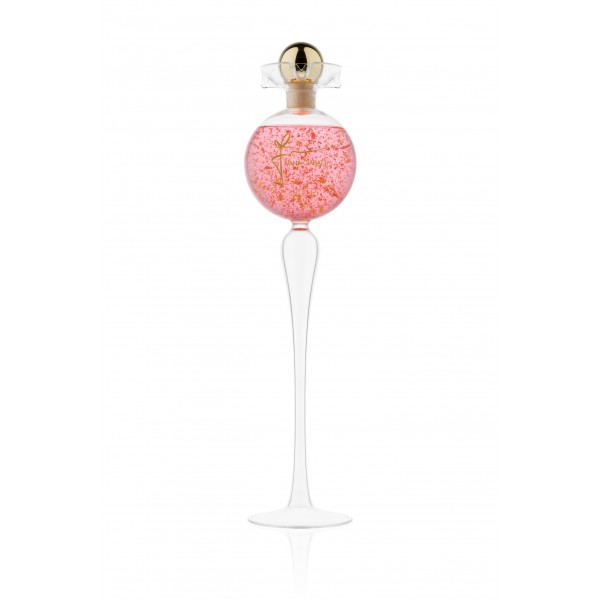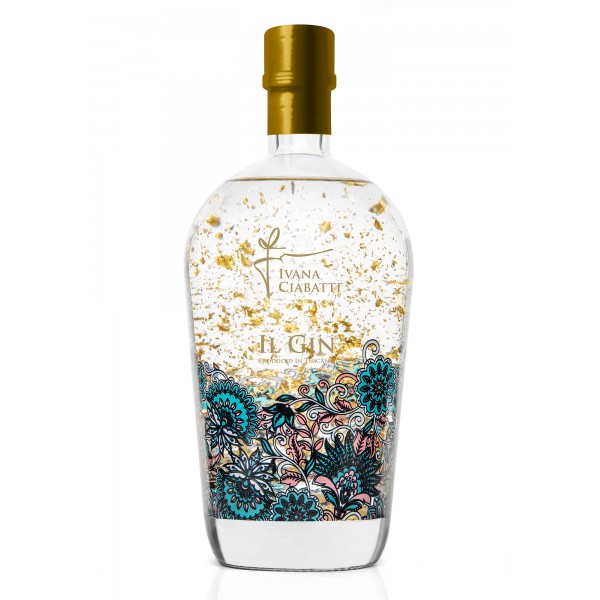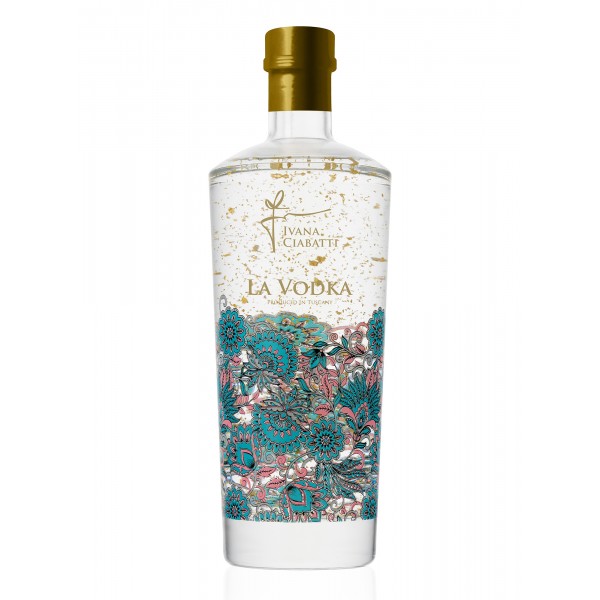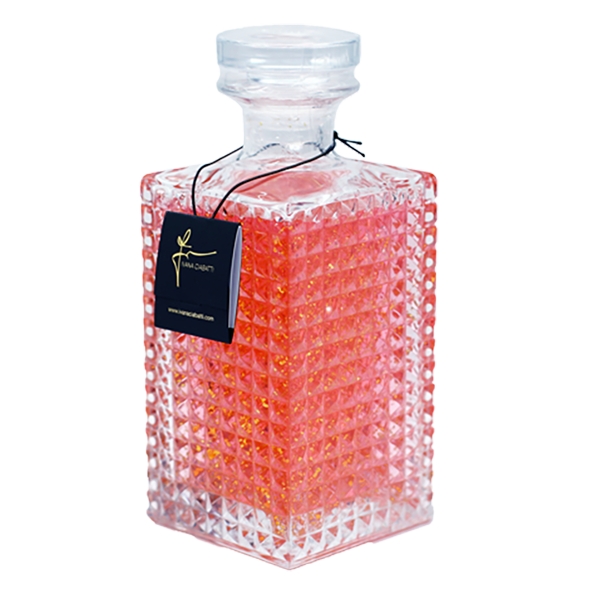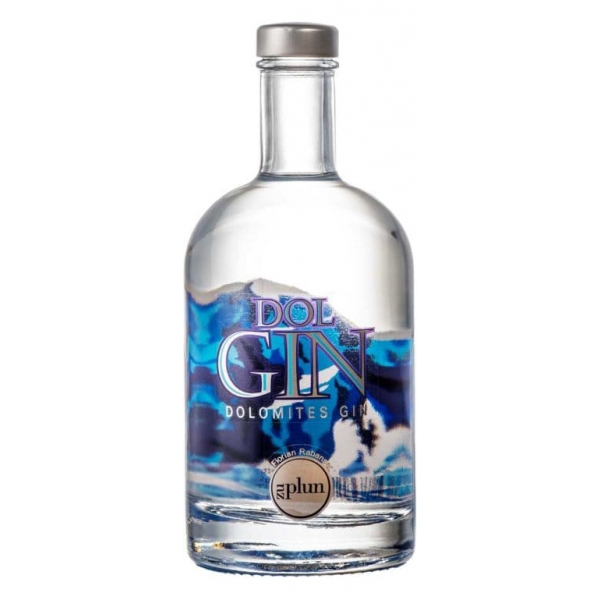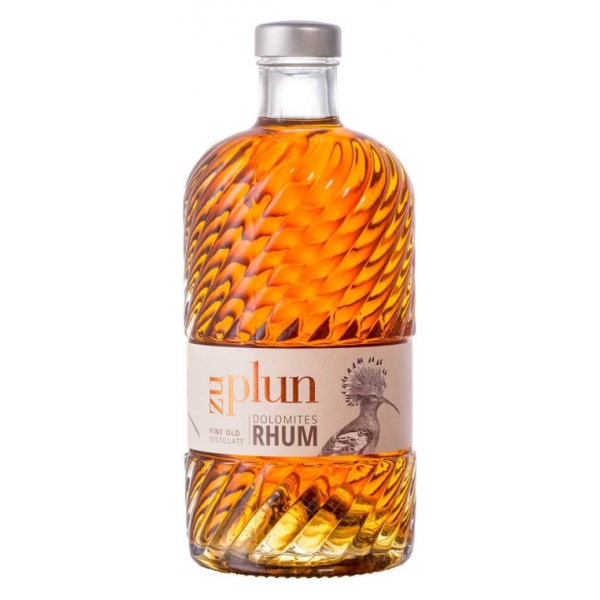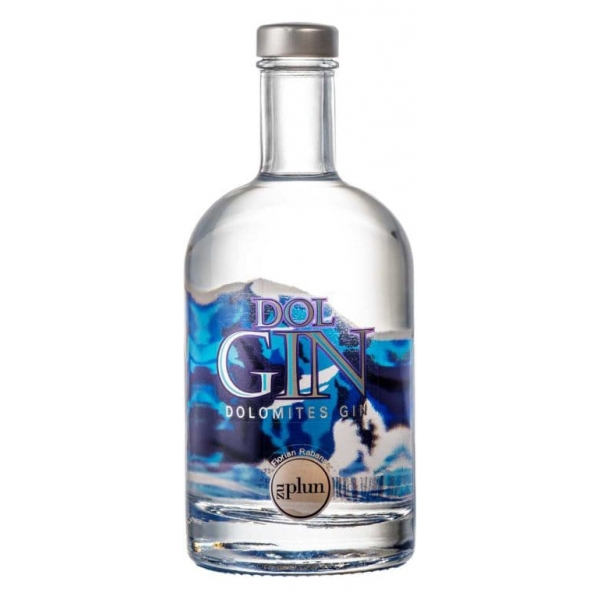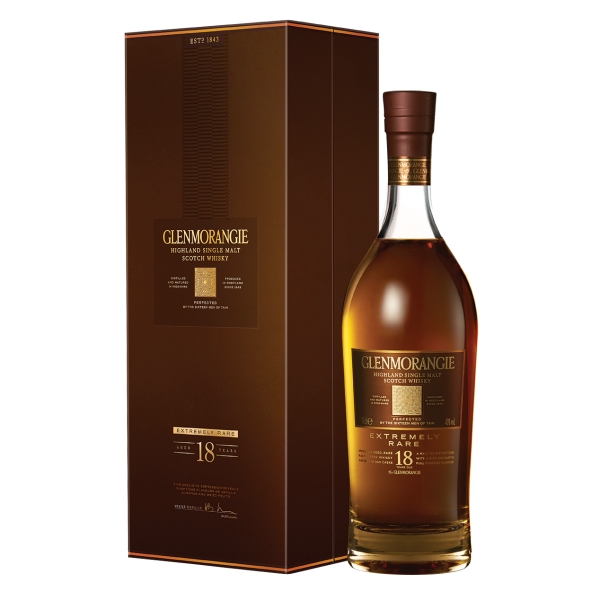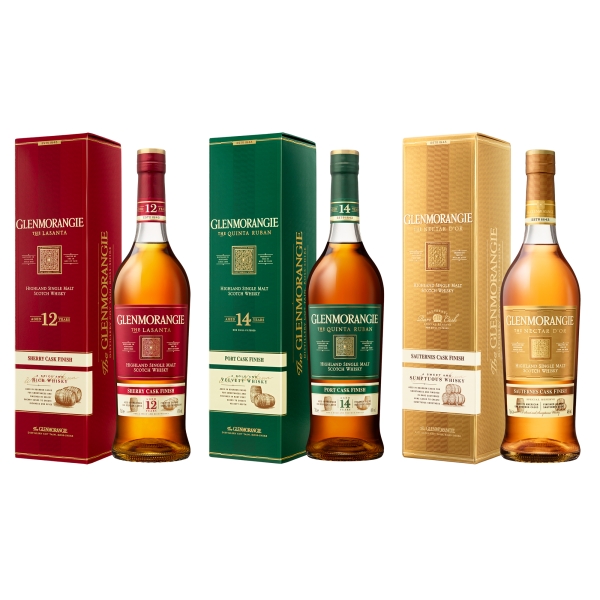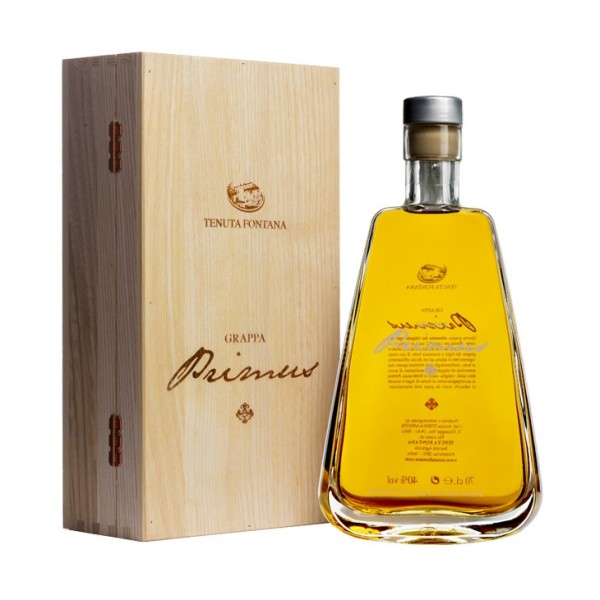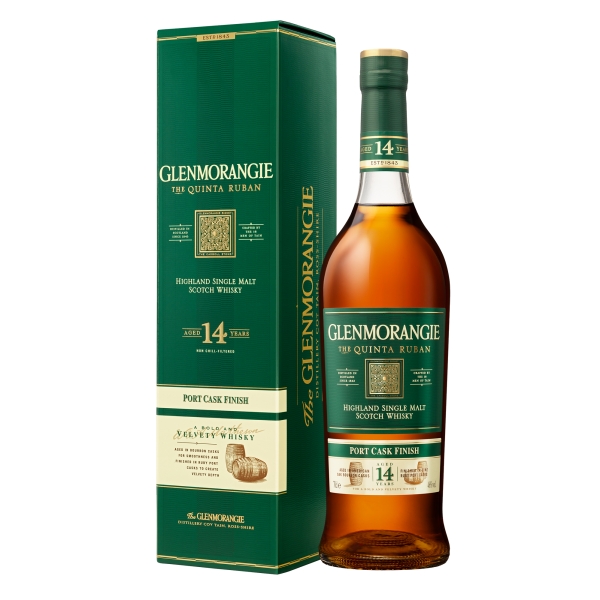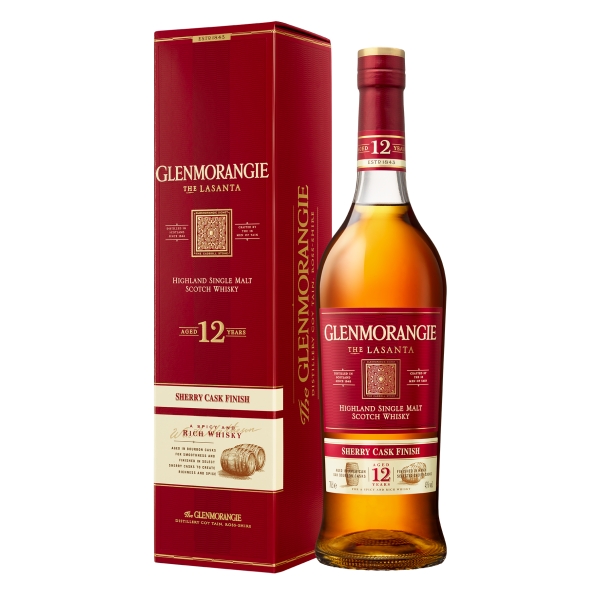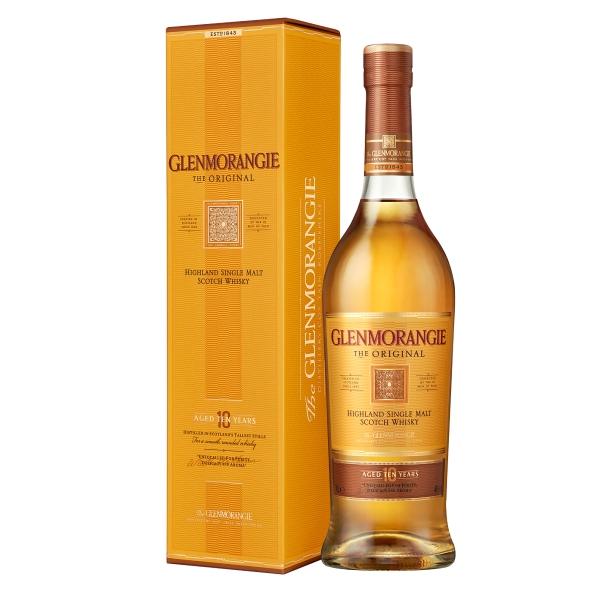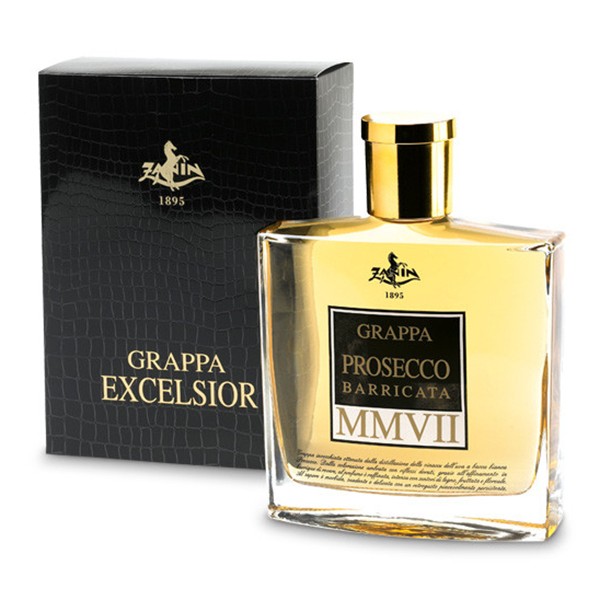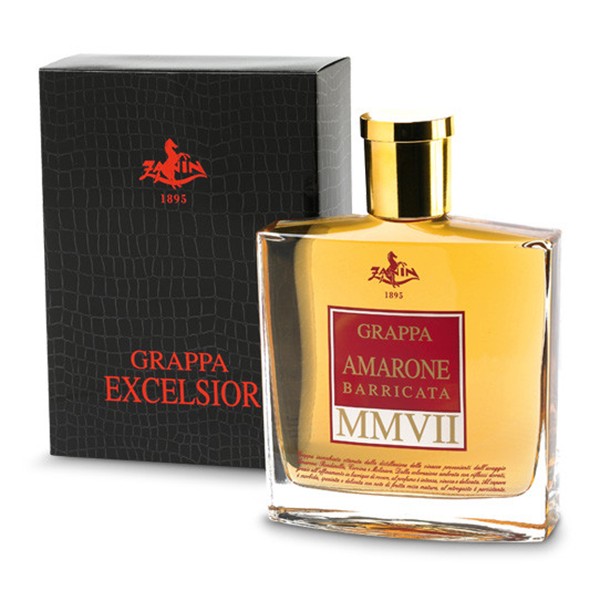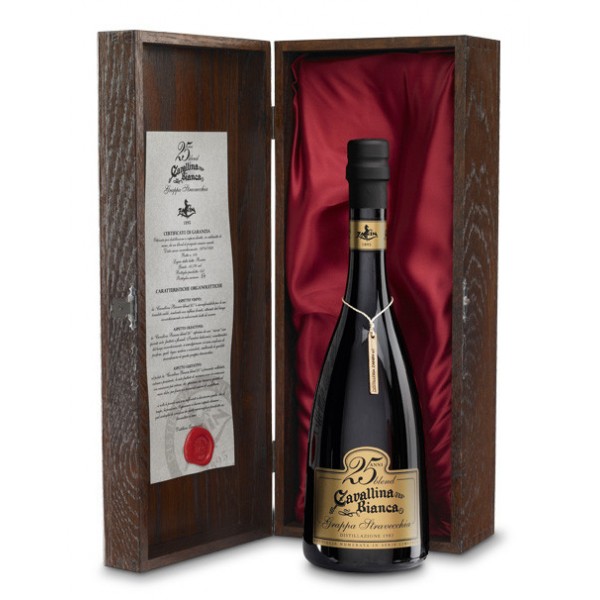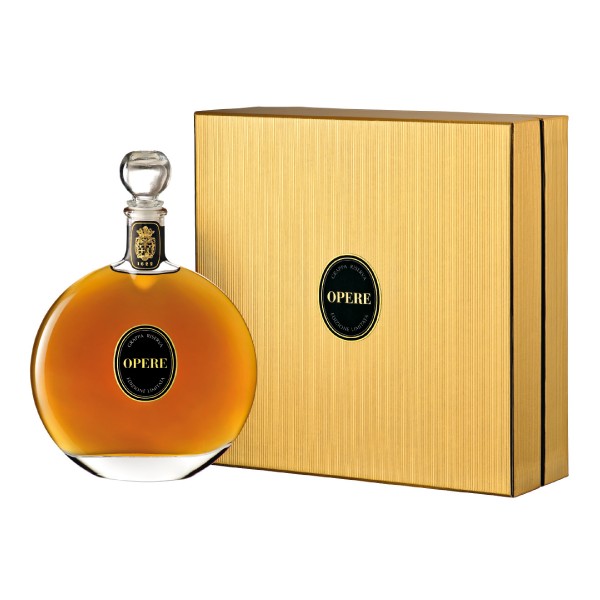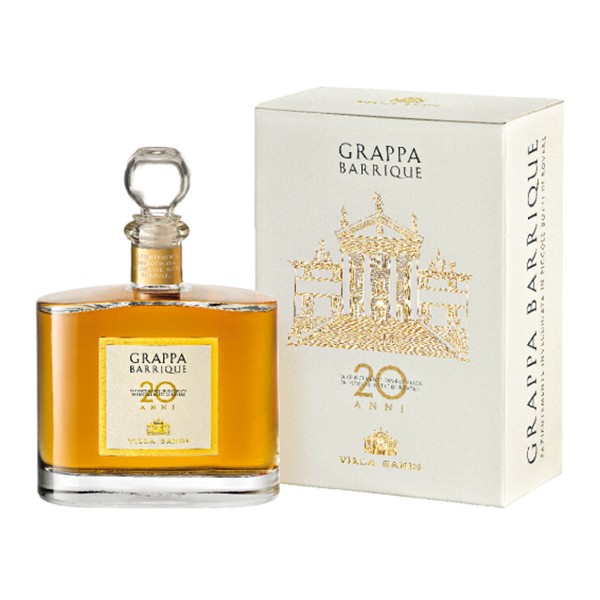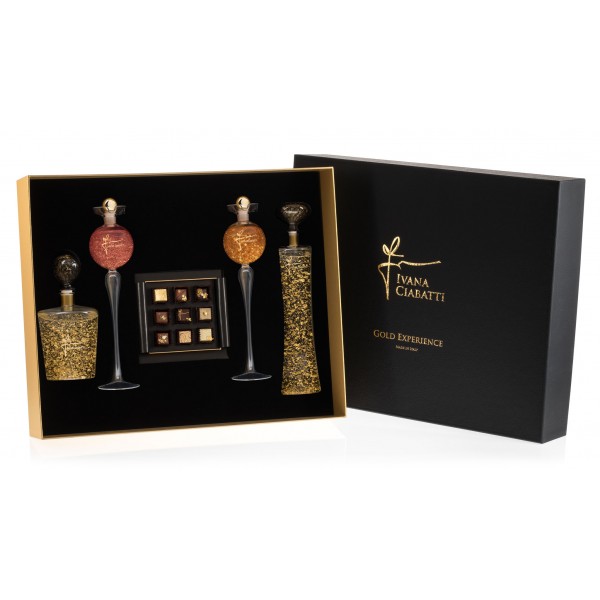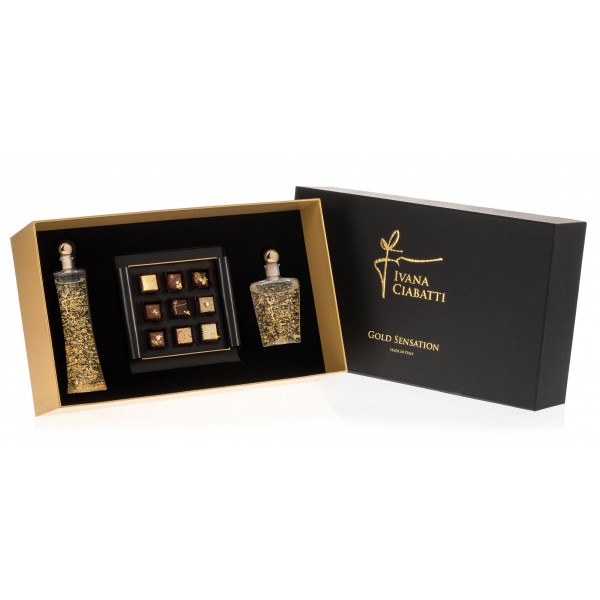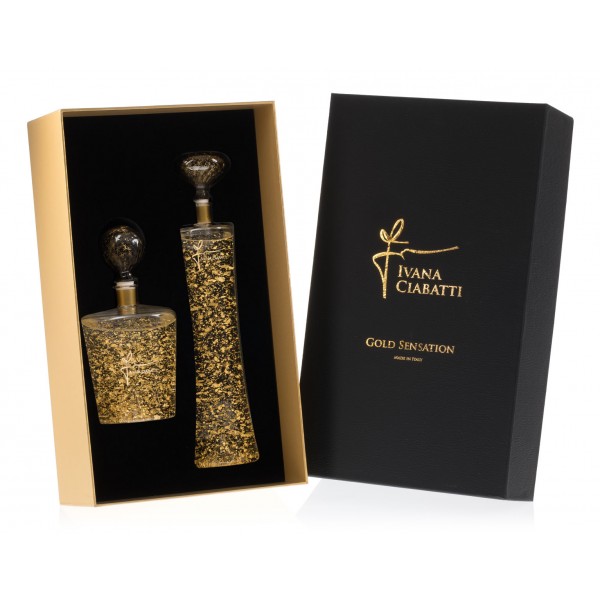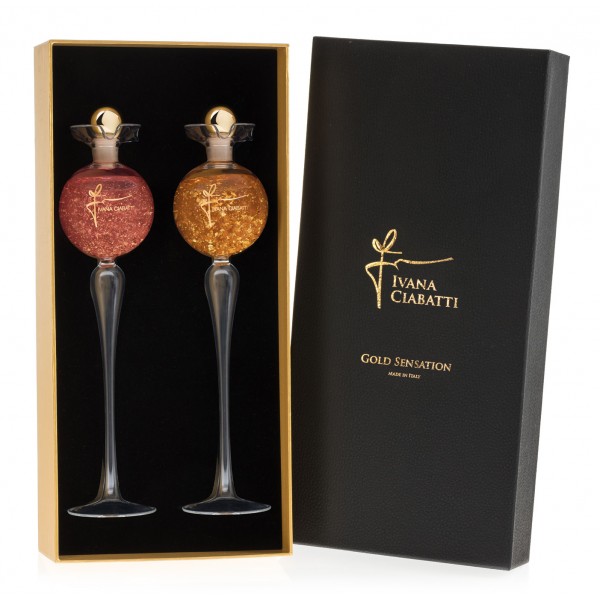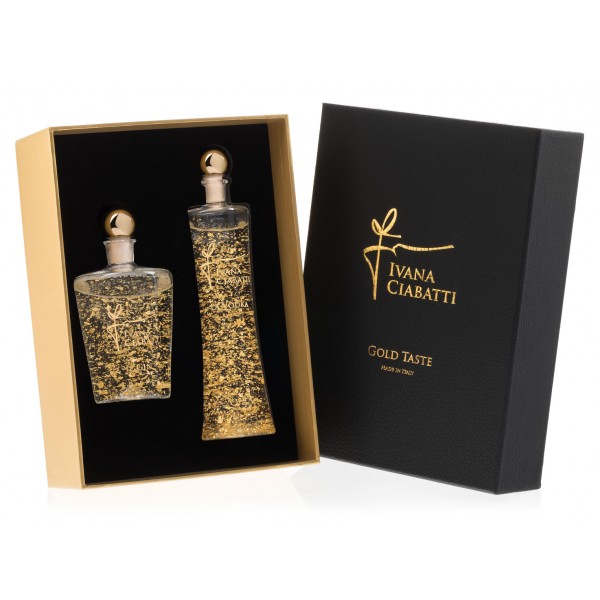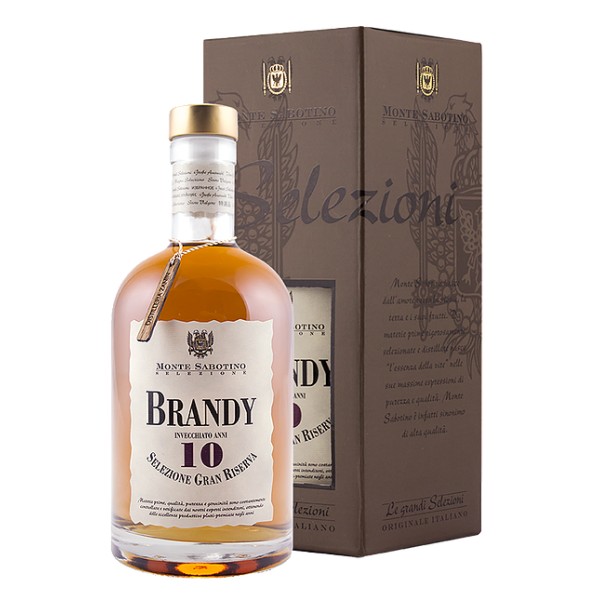No products
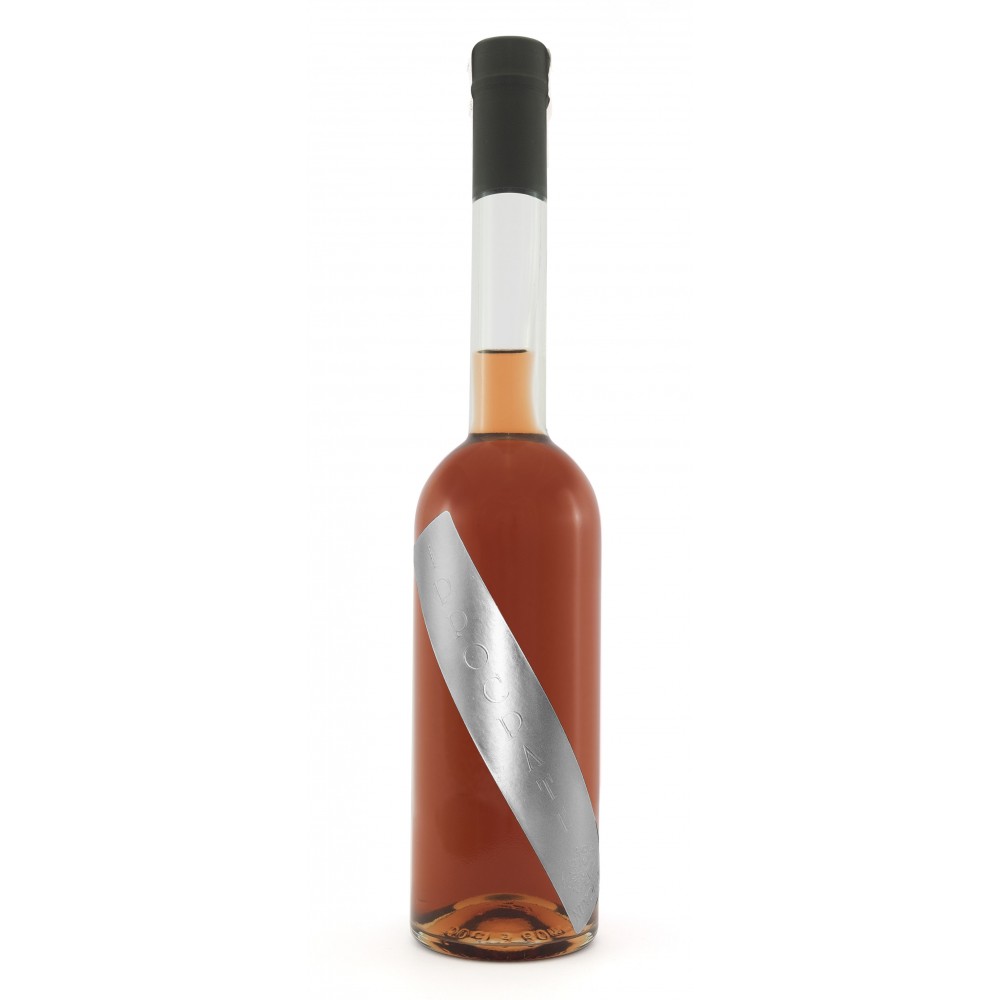 Expand view
Expand view
Alla Gusteria - Osteria de Ciotti - Nunquam - Ippocrate
To Ippocrate, father of modern medicine and born in Kos on 460 before Christ, has been attributed the invention of “vinum absinthiatum”, done through a maceration of dittany’s and Artemisia/absinthium’s flowers into wine. It’s practically the basic recipe for Vermouth, which has been enriched later thanks to merchants from Venice, from Prato and others, who started to import from India.
- Write a Review
By buying this product, you will collect up to 27 quality points. Your order will total 27 quality points that can be converted into a voucher of 0,27 €.
Information
| Package | 500 ml |
| Region | Tuscany |
| Nation | Italy |
Description
To Ippocrate, father of modern medicine and born in Kos on 460 before Christ, has been attributed the invention of “vinum absinthiatum”, done through a maceration of dittany’s and Artemisia/absinthium’s flowers into wine. It’s practically the basic recipe for Vermouth, which has been enriched later thanks to merchants from Venice, from Prato and others, who started to import from India, from Indonesia and from East Africa a lot of new spices as cardamom, cinnamon, cloves, nutmeg, rhubarb and others.
Later from America arrived to be included into infusion also vanilla and cinchona bark.
Between XVII and XVIII centuries it was published in Lyon/France a book “Secrets du seigneur Alexis Piemontois”, in which the Piedmontese herbalist Alessio wrote a special recipe of Ippocrate wine, using alpine herbs too. The success was immediate and the Bavarian Court called Alessio (Herr Alexius) for the production starting. The wine was called “Wermut Wein” from German word “Vermut” which means absinth.
While the French Court called it “Vermouth” and same remained valid for the Court of Turin and others Italian places.
Many liquor distillers in Piedmont wanted to have the authorship of it, but in many other places in Italy there were productions of it just before that Benedetto Carpano announced the invention in the year 1786.
So, due to all these reasons, this wine has been called “Ippocrate” thanks to the enough long experience of our company into Vermouth productions.
It’s an elaborate wine for meditation, done through a maceration of 15 different herbs and spices, all well indicated on the wine’s label to confirm the authenticity. The addition of cherries then gave the product an aromatic note, fruity but well-integrated overall balance of the product.
It’s perfect also with dessert, especially with chocolate dessert.
Ingredients: Tuscan white wine (Trebbiano, Chardonnay), neutral alcohol, sugar, amarasche wild, enula bell, cinnamon, sweet flag, centaury, coriander, gentian, pontic wormwood, wormwood, galangal, cloves, nutmeg, peel lemon, sweet orange peel, bitter orange peel.
Alcool 16,5% vol.


